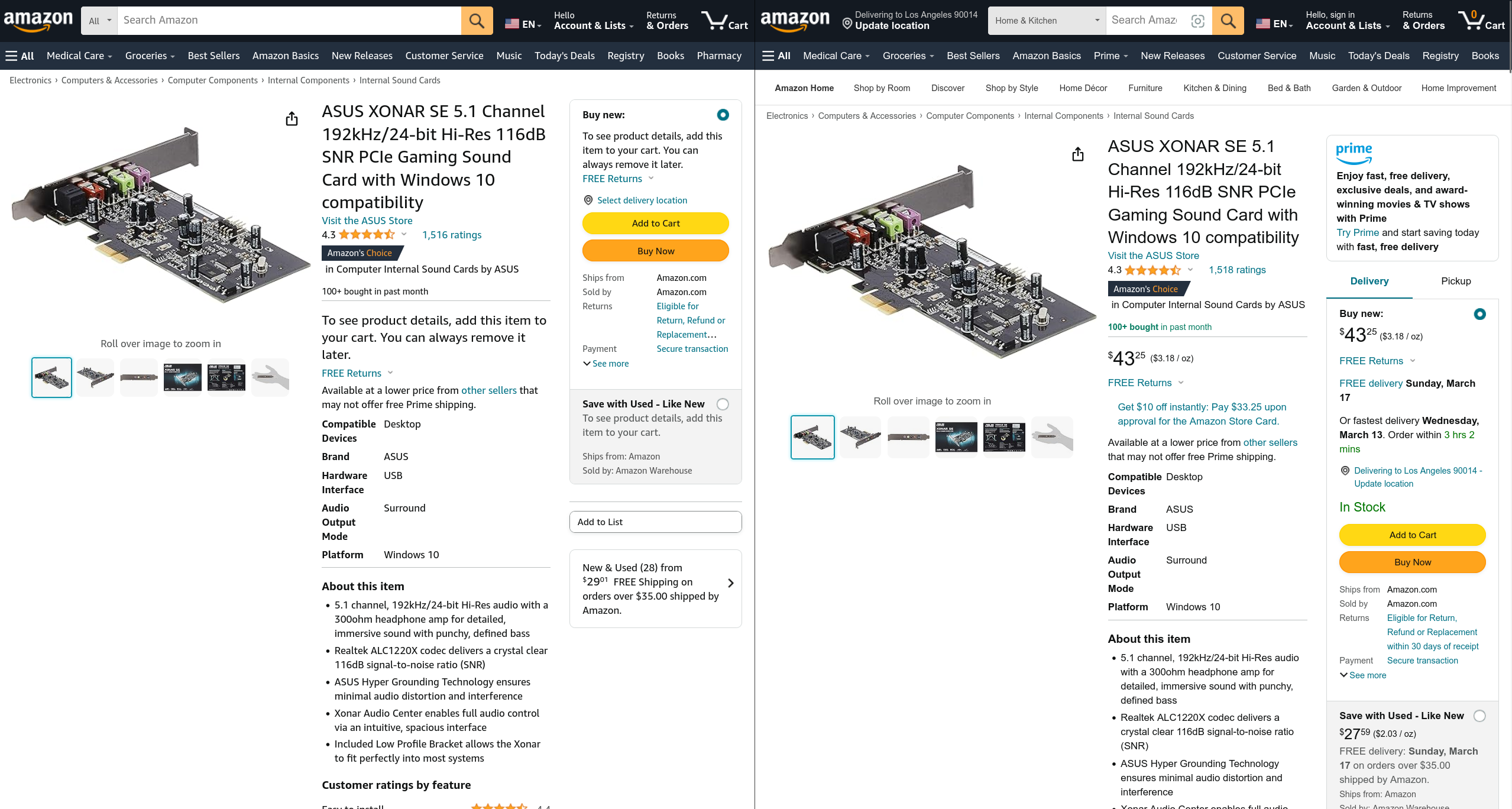this post was submitted on 12 Mar 2024
380 points (92.4% liked)
AssholeDesign
9604 readers
1 users here now
This is a community for designs specifically crafted to make the experience worse for the user. This can be due to greed, apathy, laziness or just downright scumbaggery.
founded 2 years ago
MODERATORS
you are viewing a single comment's thread
view the rest of the comments
view the rest of the comments

I would not buy PCI audio stuff. Lots of power goes through the motherboard, which makes these prone to RF interference, especially if you have a rig that has high power draw.
Best to buy a external USB dac/amp. Either make sure that your mobo has a separate USB hub from the main ones (which some mobos might label them DAC), or a USB cable that isn't rated for high voltage.
this, as someone who had suffered and tried everything to fix it: nothing helps.
Go external.
What do you recommend that isn't either bullshit or $1500
I have a Fiio DAC and i have no complaints.
But i dont have golden ears that can hear the difference between good dacs, excellent dacs etc.
Above a certain level, its good enough for me
I have a FiiO Q3, I recommend it too.
I've heard good things about the EK10/Olympus2, but haven't tried it myself.
Does it have Aux output? What model?
I have a K7.
My only con with it is that the headphone jack doesnt cut the line outputs. So, i had to make an inline switch to mute my speakers for headphones only.
I am now wishing it also had XLR outputs, but Im sure i can pick up a nice transformer balancing box from somewhere.
Rme babyface is pretty neat. Though it doesn't support linux very well.
That looks like a phone from 2004 and I need like, a headphone jack.
USB 5V power can be equally noisy, even from a powered hub, so that argument doesn't make any sense. PCIe has a high current 12V rail available that has much more margin than USB for filtering with an LDO and run your signal chain well above the noise floor of the components.
Besides, Asus Xonar as in the picture can take 12V from a drive connector to bypass the motherboard PCIe 12V "just in case".